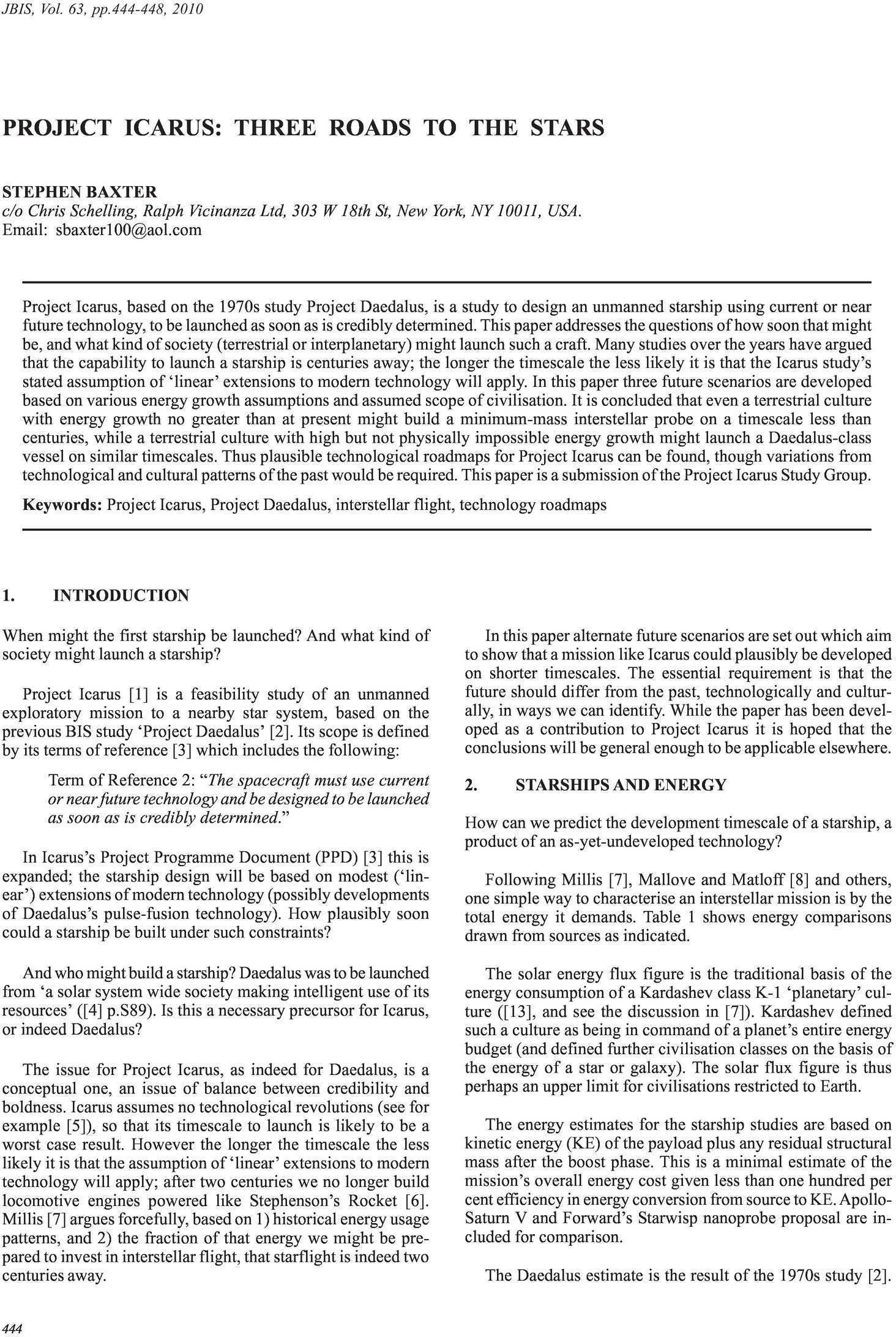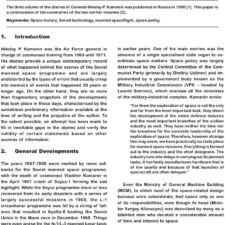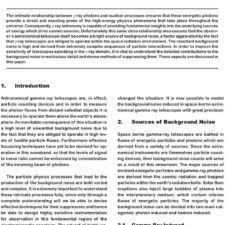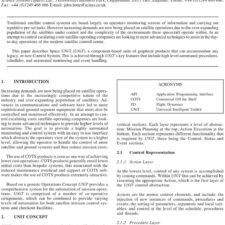Project Icarus: Three Roads to the Stars
£5.00
S. Baxter (2010), JBIS, 63, pp.444-448
Refcode: 2010.63.444
Keywords: Project Icarus, Project Daedalus, interstellar flight, technology roadmaps
Abstract:
Project Icarus, based on the 1970s study Project Daedalus, is a study to design an unmanned starship using current or near future technology, to be launched as soon as is credibly determined. This paper addresses the questions of how soon that might be, and what kind of society (terrestrial or interplanetary) might launch such a craft. Many studies over the years have argued that the capability to launch a starship is centuries away; the longer the timescale the less likely it is that the Icarus study’s stated assumption of “linear” extensions to modern technology will apply. In this paper three future scenarios are developed based on various energy growth assumptions and assumed scope of civilisation. It is concluded that even a terrestrial culture with energy growth no greater than at present might build a minimum-mass interstellar probe on a timescale less than centuries, while a terrestrial culture with high but not physically impossible energy growth might launch a Daedalus-class vessel on similar timescales. Thus plausible technological roadmaps for Project Icarus can be found, though variations from technological and cultural patterns of the past would be required. This paper is a submission of the Project Icarus Study Group.





